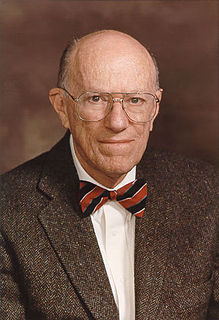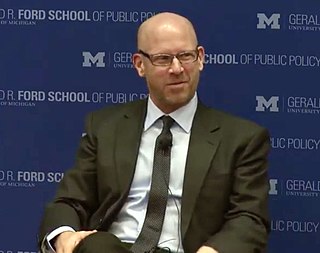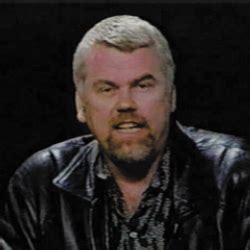A Quote by Vikram Patel
The current approach that psychiatry takes almost ignores social worlds in which mental health problems arise and tries to become highly biomedical like other branches of medicine such as cardiology or oncology. But psychiatry has to be far more embedded in people's personal and social worlds.
Related Quotes
When I am in Egypt, I am phoned because I am listed in the medical directory under "Mental Health and Psychiatry." And of course, I see very few people, because I give much more time to writing. So I cannot say that I really stopped medicine, but I practice medicine - or psychiatry - in a very different way. In an artistic way!
I think that's a major reason. Instead of turning in their own lives to philosophy, religion, love, family life, or nature, they think of psychiatry; and today that means the "pill" as an ultimate answer. Also, if you have a desire for social control, "benevolent" control and "benevolent" authority, then again biological psychiatry offers a tremendous opportunity.
Mental illness is a real thing. It has real material consequences for people who suffer from it and at the time even the most biological finding reflects social context in very important ways, and so I think psychiatry is better off looking both at biology and at social context and really trying to think of the relationship between these and I think doctors and patients are better off that way.
The relation of eugenics to British psychiatry bears examination. The primary controlling body for psychiatry in England is the British National Association for Mental Health (NAMH), formed in 1944, and initially run by the mentally unstable Montagu Norman, previously of the Bank of England. The group originally met at Norman's London home, where he and Nazi Economics Minister Hjalmar Schacht had met in the 1930s to arrange financing for Hitler.
Medicine is a social science, and politics is nothing else but medicine on a large scale. Medicine, as a social science, as the science of human beings, has the obligation to point out problems and to attempt their theoretical solution: the politician, the practical anthropologist, must find the means for their actual solution. The physicians are the natural attorneys of the poor, and social problems fall to a large extent within their jurisdiction.


































